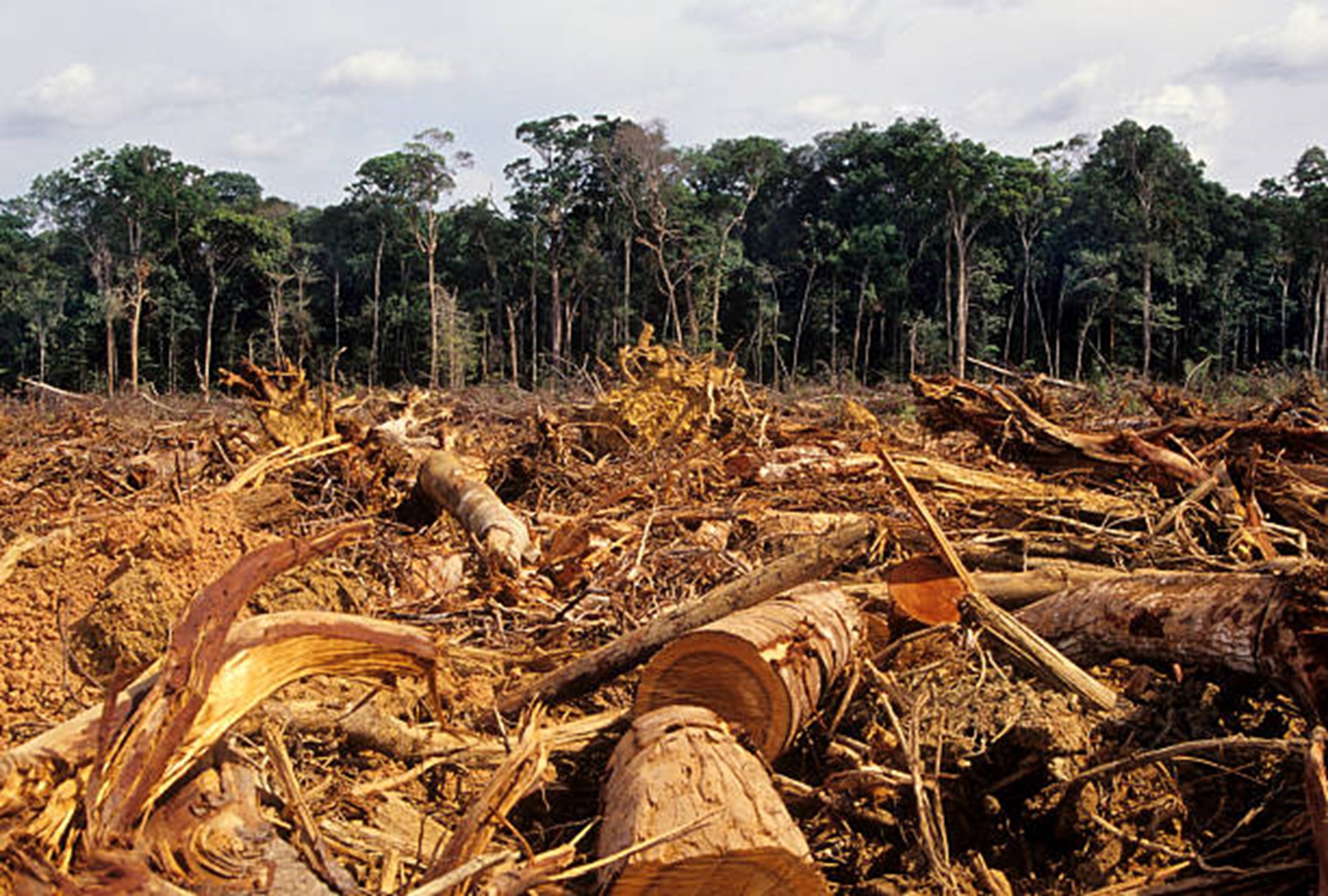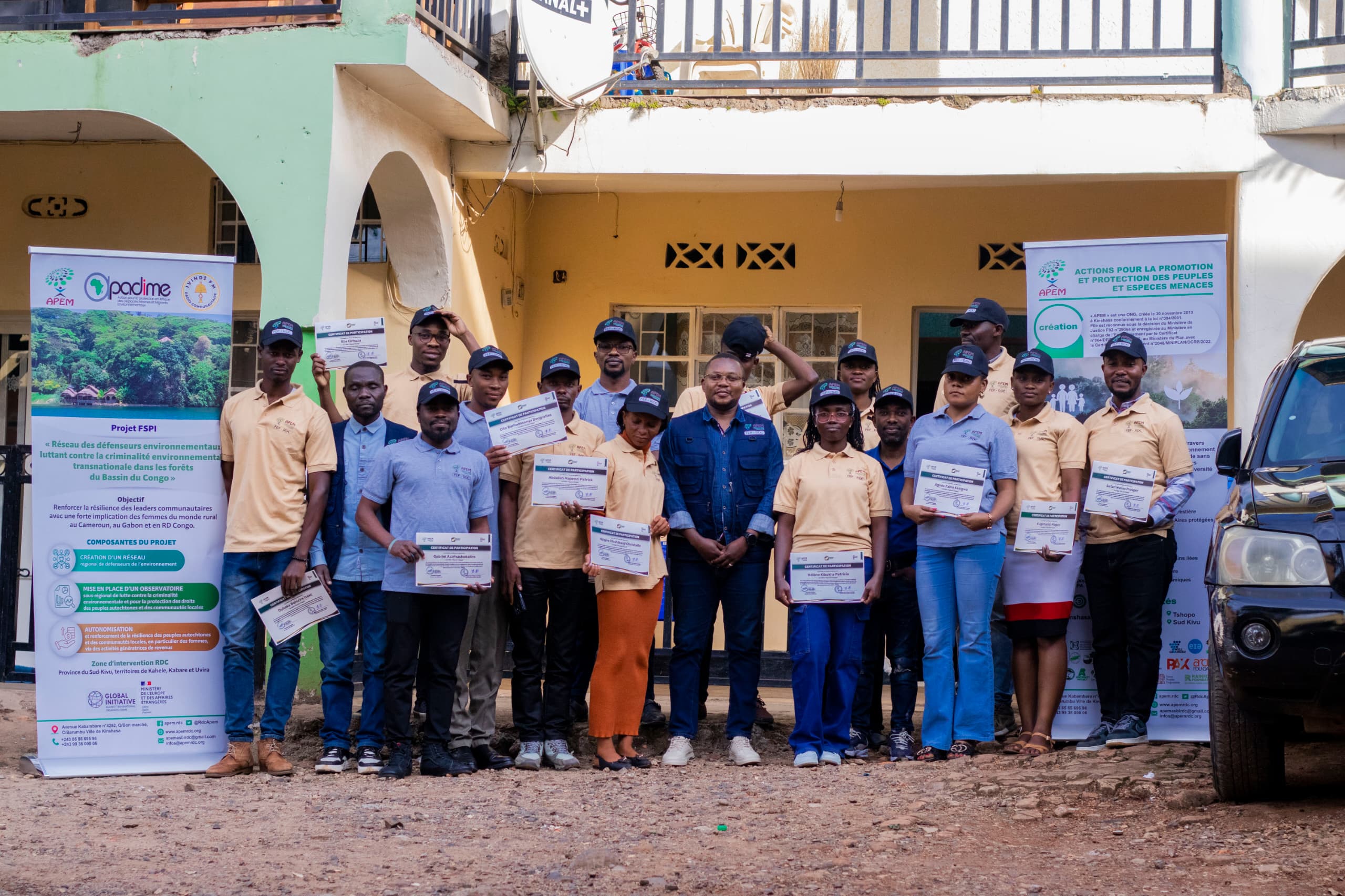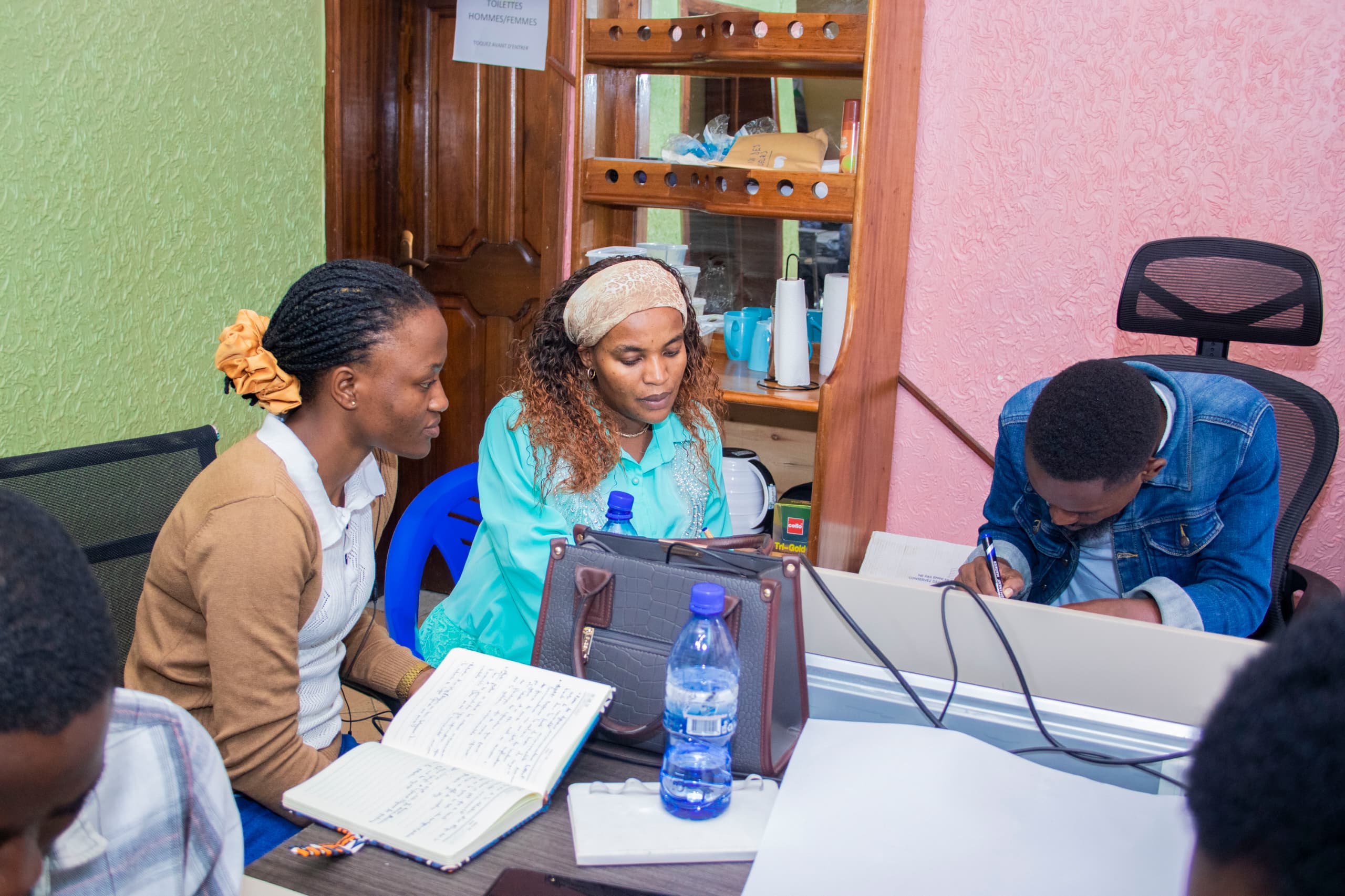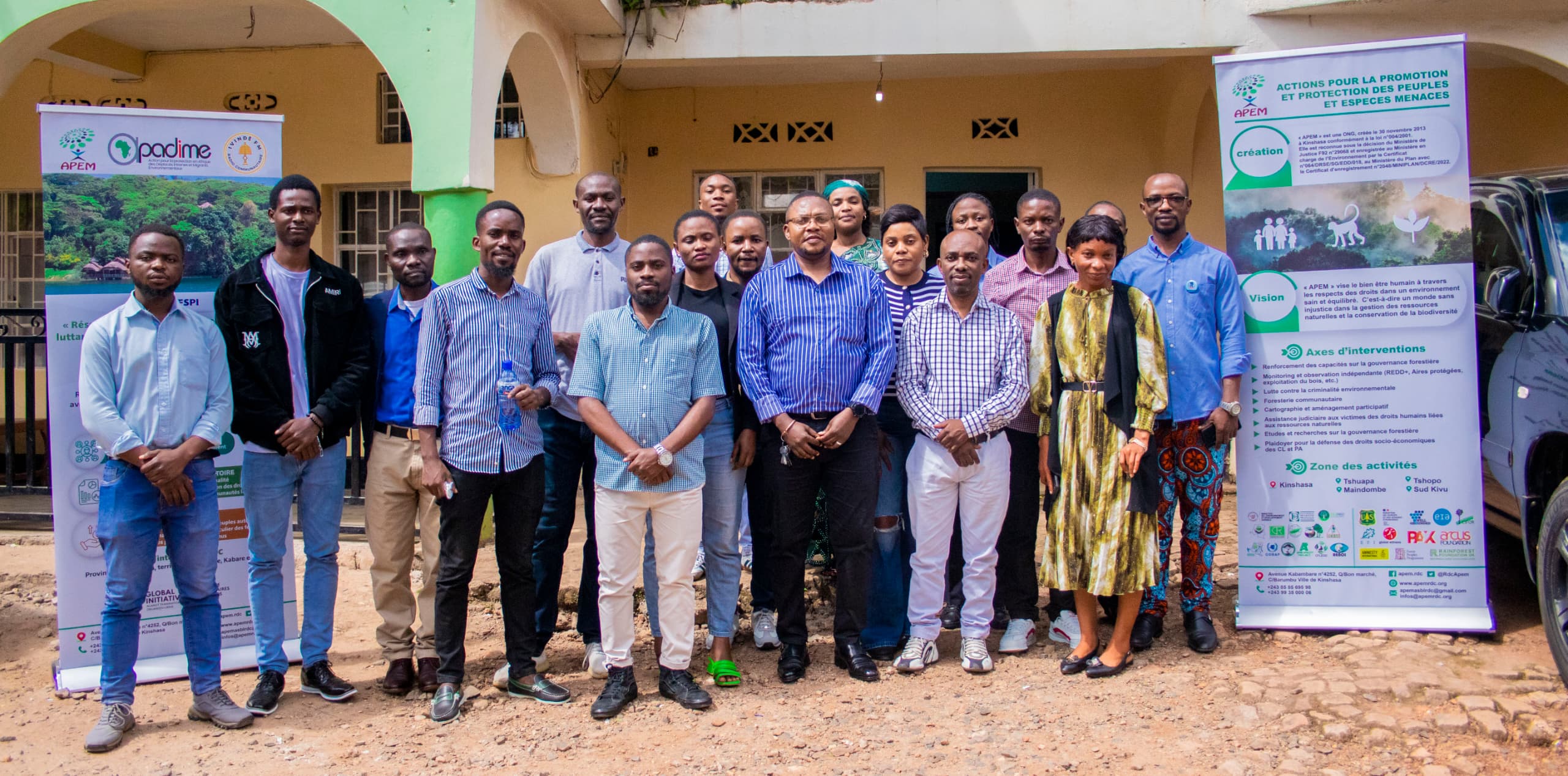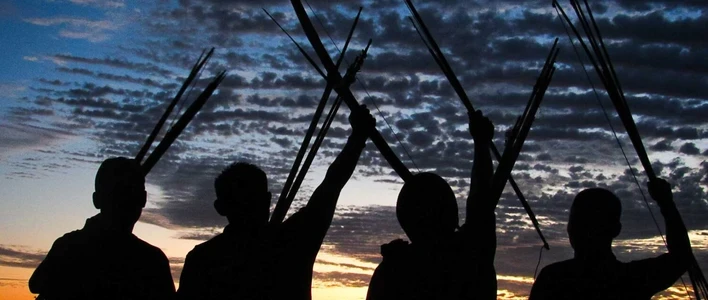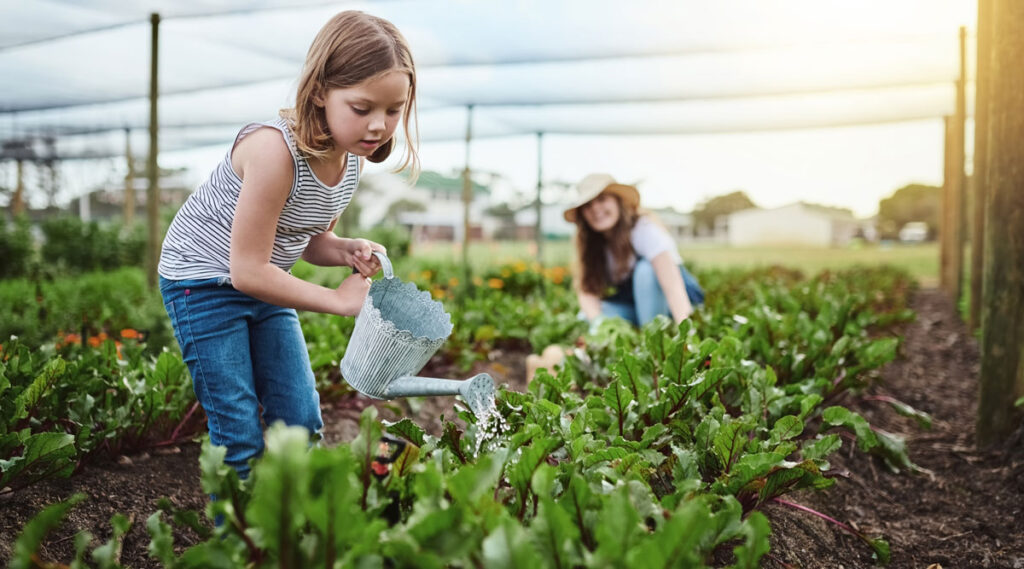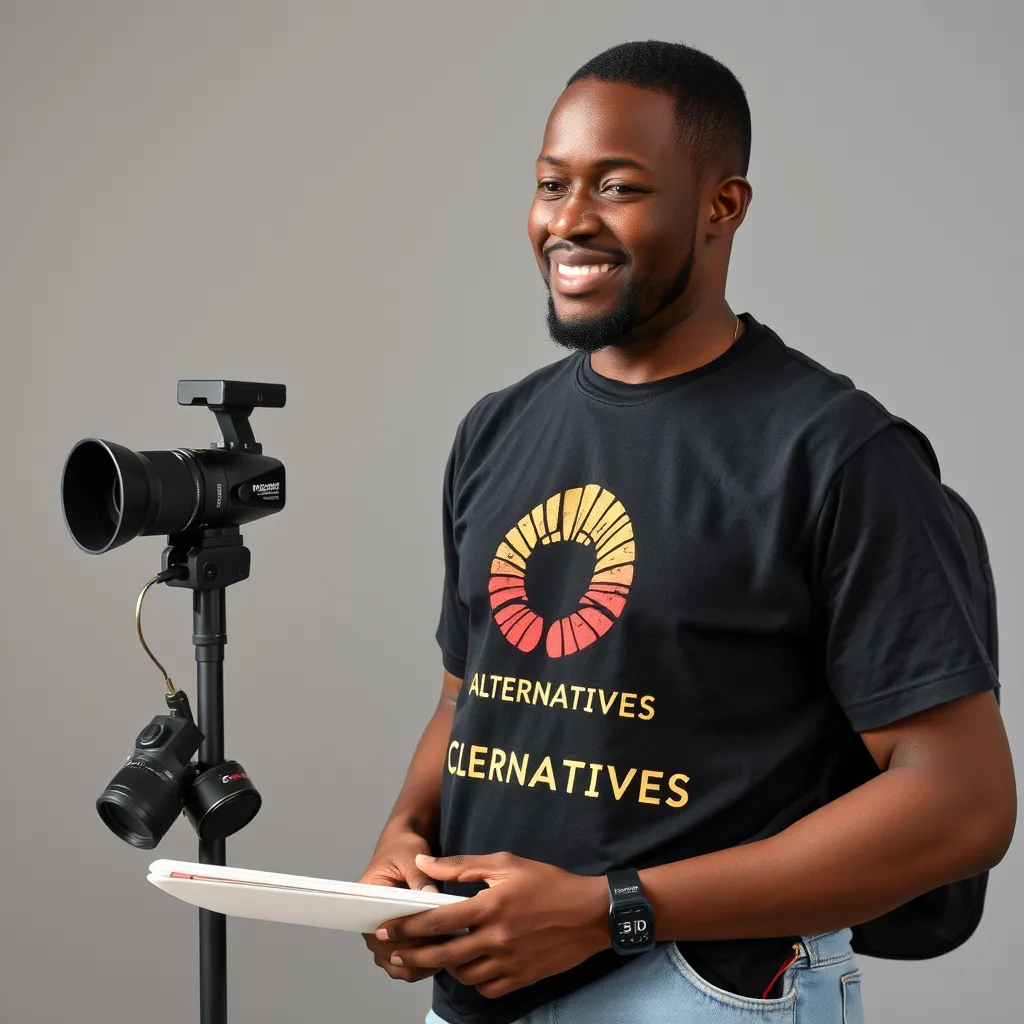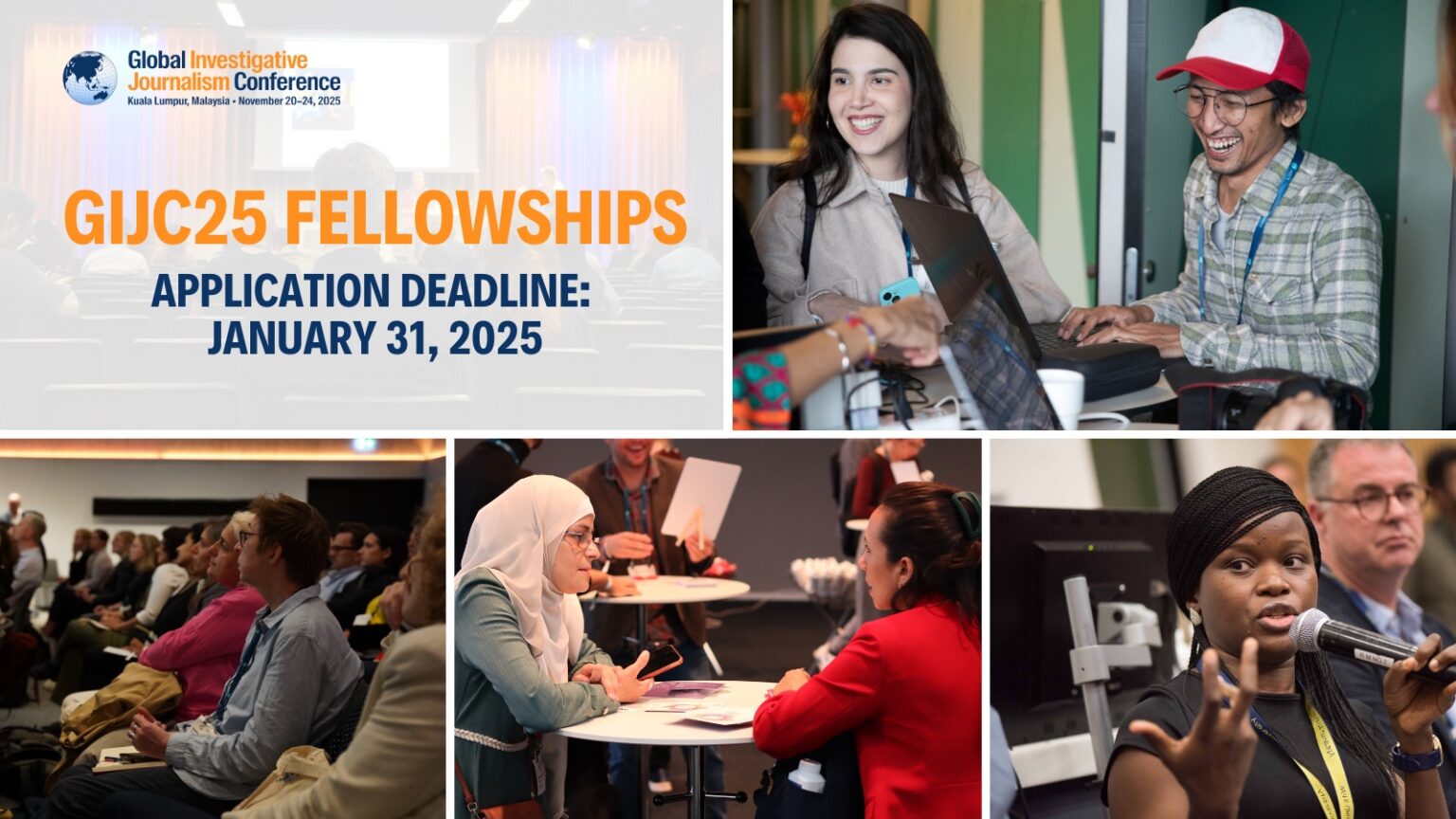Internews’ EJN is offering story grants of USD 1,500 - 2,000 to journalists to produce stories on transnational conservation crimes in the Amazon Region and the threats faced by Indigenous peoples and local communities in Brazil, Colombia, Ecuador and Peru.
Please read the following sections carefully, as they contain important information on eligibility and the application process.
Overview
For the last two years, the Together for Conservation project has supported 52 journalists in producing investigative stories on wildlife trafficking, illegal logging, unsustainable and unregulated fishing and the expansion of mining activities in the Amazon region.
The journalists we’ve supported so far have covered topics ranging from the obstacles to catfish migration through the Amazon basin, to illegal mining in national parks in Ecuador to the struggle of Indigenous peoples in Peru against the advance of deforestation to the health impacts of mercury contamination in Indigenous territories in Pará, Brazil—each representing a growing threat to the Amazon ecosystem and the Indigenous peoples and local communities that inhabit it.
Journalists, independent media outlets, and environmental defenders in the region remain constrained by a lack of economic resources and training, and frequently face violence and threats to their security. According to a new Global Witness report published in September 2024, 196 land and environmental defenders were killed in 2023, with 112 of these recorded killings taking place in South America. Around the world, Indigenous and Afro-descendant peoples continue to be disproportionately targeted by crimes, accounting for 49% of all murders.
In this context, it is important to provide support for the continued coverage of environmental issues in the Amazon, to further expose the several threats prevalent in the region, and to guide a wider network of communicators to report on these issues safely.
To meet this need, Internews’ Earth Journalism Network and the Internews Americas team, in partnership with the United States Agency for International Development (USAID) and Wildlife Conservation Society (WCS), through the Together for Conservation project, are now offering a third round of story grants to journalists and communicators from Brazil, Colombia, Ecuador and Peru, to strengthen their capacities to produce high-quality, factual, and engaging public information on the impacts of conservation crimes and highlight viable community-led and policy-driven solutions to mitigate these impacts.
Story themes
We welcome story ideas that take a regional perspective on the threats to biodiversity in the Amazon region and focus on the transnational nature of activities such as illegal logging, unsustainable and unregulated fishing, wildlife trafficking, and illegal mining, as well as the relationship between these activities and their impact on Amazonian ecosystems and the communities that inhabit the region.
We also welcome solutions-oriented stories highlighting efforts to combat environmental crimes, led by Indigenous peoples and local communities, civil society organizations, the private sector or public policymakers. These activities include, for example, sustainable forest management practices, tracking and monitoring wildlife trafficking, and efforts to curb illegality across the value chain, such as certification, among others.
Eligibility
Applicants can be based in Brazil, Colombia, Ecuador and Peru; applicants residing in the Amazon region of these countries are preferred. Journalists who received support in previous grant rounds of this project are eligible to apply.
Groups of journalists are eligible. However, the application must be made in the name of one lead applicant. If awarded, the lead applicant is responsible for communicating with EJN and receiving funds on the group's behalf. The lead applicant will also be responsible for participating in mentoring sessions, trainings and workshops as part of the strengthening process.
Candidates who aim to produce more than one story on the proposed topic or who intend to publish the story in more than one format will be given priority among the applications.
For the purposes of this grant opportunity, we will be accepting applications in English, Spanish and Portuguese.
Applications are open to journalists working in any medium (online, print, television, radio) and other expert media practitioners with professional reporting experience. We welcome applications from early-career journalists and experienced reporters with a track record of covering environment conservation topics in the Amazon region. We encourage applications from freelance reporters and staff from all types of media organizations – international, national, local, and community-based.
Applicants are required to be transparent about the use of generative AI tools, if any, to revise their proposals. EJN reserves the right to disqualify applicants from consideration if they have been found to have engaged in unethical or improper professional conduct, including, but not limited to, submitting AI-generated content as their own.
Story logistics
We expect to award up to 40 grants of around USD 1,500 to USD 2,000. We expect that proposals requesting amounts closer to the upper limit of the budget, USD 2000, will include broader regional coverage, collaboration between journalists and/or across borders, and/or be produced in partnership with two or more media outlets or organizations and/or involvethe publication of more than one story or versions of the story in different formats.
We plan to award the grants in April 2025, with the expectation that all stories will be published by August 2025 at the latest. Candidates should consider this timeline when preparing their work plan.
Safety: Journalists reporting on these issues, particularly in territories facing conflict or government crackdowns, may face threats to their physical and digital safety. Applicants should also seek to travel in groups, avoid conflict areas whenever possible and practice digital safety best practices at all times. This guide from Reporters Without Borders and these resources from the Thomson Reuters Foundation are useful aids for journalists developing security plans for reporting.
When developing a pitch for this program, applicants should carefully consider the tools they’ll need to ensure their own safety and security and that of their intended sources. Please include the necessary resources in the budget. Please note: Before starting their reporting, selected grantees will participate in a free online one-day workshop on digital and physical security provided by Internews.
We also encourage reporters to follow best practices for Covid-19 and other infectious diseases when out in the field so you do not endanger yourself or the people you’re interviewing. If needed, you should include any public health-related costs, such as tests or personal protective equipment, in your budget.
Language of publication: Stories can be produced in English, Spanish, and Portuguese. Applicants who intend to write or produce stories in languages other than English must also include a summary in English of the story. Please include the cost for translation in the budget, if necessary.
Story budget: All applicants must provide a detailed budget with justification for the requested amount using the template provided. All applicants’ proposed budgets will be reviewed to assess the feasibility of the proposal.
Please also note on your budget form if you are receiving funding from any other donors for the story.
Generally speaking, applications with smaller budgets will be more competitive. However, we will consider larger grant amounts close to or at the upper limit of the budget of USD 2000 for stories that use innovative multimedia, collaborative, or investigative approaches that may be more resource-intensive and time-consuming.
We expect that proposals will largely reflect what equipment the applicant already has access to (including cameras, drones, lighting, tripods, etc.) and will not consider budgets that heavily focus on procuring new equipment. Please note: the use of drones is regulated by law and will require a license and authorization from the relevant government.
We will consider a stipend for the reporters’ salary, particularly if the applicant is a freelancer. Please estimate the time you’ll need to complete this story and propose compensation you believe reflects a fair market rate. We ask, however, that this comprises no more than 30% of the total budget.
Acknowledgment of EJN support: Published stories and/or broadcasts must disclose EJN support by including this tagline: “This story was produced with support from Internews’ Earth Journalism Network.”
Republication rights: Those who are awarded grants are free to publish or broadcast their stories first in their affiliated media as long as Internews’ EJN, the Wildlife Conservation Society (WCS), and the grant funder, the United States Agency for International Development (USAID), are also given rights to edit, publish, broadcast and distribute them freely.
Judging criteria
Applicants should consider the following points when devising their story proposals.
- Relevance: Does the proposal meet the criteria and objectives of the call? Why does this story matter, and to whom? Are the main idea, context, and overall value to the target audience clearly defined?
- Angle: If the story has been covered, does your proposal bring new insights to the topic or offer a fresh angle?
- Impact: Does the proposal have a compelling narrative or investigative element that will inform and engage, draw attention, trigger debate, and spur action?
- Innovative storytelling: Using creative approaches, multimedia, and data visualization will be considered a plus.
- Plan for timely publication: Reporters, whether freelance or employed at a media outlet, will need to include a letter of support from an editor in their application, committing to publish the stories by the end of August 2025.
Application process
- Click the 'Apply now' button at the top of the page.
- If you have an existing account, you'll need to log in. Since we recently updated our website, you might have to reset your password by clicking the “Forgot password?” link in the log in page. If you don’t have an account, you must register by clicking “Log in” on the top right of the page and click the “Sign up” link at the bottom of the page that opens. Click here for detailed instructions on how to create an account, and here for detailed instructions on how to reset your password.
- If you start the application and want to come back and complete it later, you can click 'Save Draft.' To return to the draft, you'll need to go back to the opportunity and click 'Apply now' again to finalize the application.
- Applications should provide a detailed budget in an Excel spreadsheet with justification for the amount requested. Download the budget template now by clicking on this link.
- All applicants will be asked to provide a signed letter of support from their editor, explicitly stating that the media outlet will publish the stories produced as a result of this grant.
- Applicants will also need to submit two samples of stories or links to relevant work.
Note: You'll be asked to upload these supporting documents once you start the application process, so please have them handy.
If you encounter difficulties submitting your application or have questions about the grants, please email info.ejn@internews.org. Do not contact any other Internews email regarding this opportunity, as we will not receive it.
Applications submitted after the deadline will not be considered. Please consider submitting at least one day before the deadline to avoid any issues.
This grant opportunity is made possible by the generous support of the people of the United States through the United States Agency for International Development (USAID). This call and the outputs produced by story grantees do not necessarily reflect the views of USAID or the United States Government or Wildlife Conservation Society.
- Email: info.ejn@internews.org
- Website: https://earthjournalism.net

